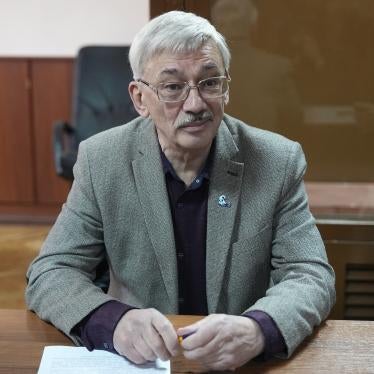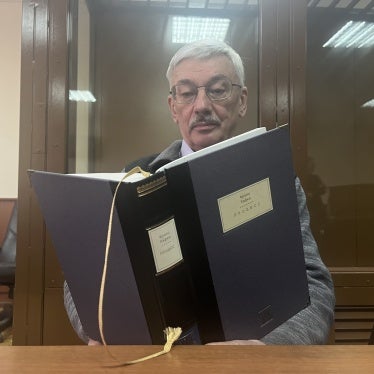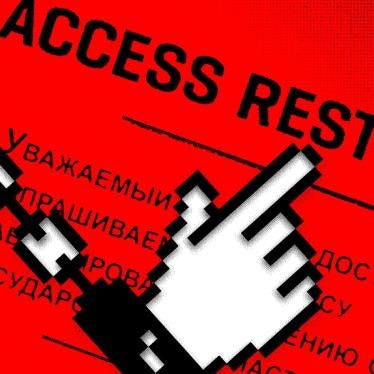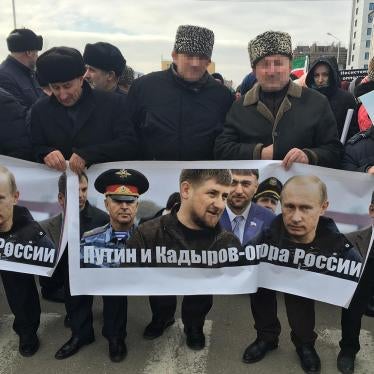These days in Russia anti-government critics would do well to know that the authorities scrutinize their every word and action waiting for a chance to pick from an array of vague laws to pursue charges that can silence the criticism. The latest victim is activist Konstantin Zharinov, who is on trial for “inciting extremist activities” over a post he shared on his social network page.
Zharinov, a prolific online user and a researcher of radical groups, could face four years in prison for reposting on his account on VKontakte, the Russian equivalent of Facebook, a statement by “Right Sector,” Ukraine’s far-right wing nationalist group. The statement called on Russians and “Russia’s enslaved nations” to quite literally fight Vladimir Putin’s “regime.” Zharinov reposted the statement on March 1, 2014. The post was on his page for two days and then he deleted it. On April 30, the regional Federal Security Service (FSB) department of Chelyabinsk opened a criminal investigation against him, and in August he was charged with publicly inciting extremist activities.
But Zharinov is no supporter of “Right Sector” – neither their message nor their methods. He is a researcher, a blogger and a civic activist. In media interviews, he said he reposted the announcement because it directly concerned his research interests about radical groups. Zharinov’s lawyer told me that his client had been on the authorities’ radar for some time and that documents produced by the authorities in his criminal case confirm that the authorities routinely monitored his social network accounts and blog entries.
Russia’s anti-extremism legislation is notoriously vague and authorities have increasingly been misusing it to silence independent activists. While law-enforcement authorities have a legitimate responsibility to prosecute hate crimes, or prevent and punish violent crimes including those associated with groups that might objectively fall within the definition of “extremist,” they often also go after civic and opposition activists, including for their views online.
Zharinov’s reposting of the “Right Sector” statement may have been a bad judgment call, but he did not call for violence himself and, according to his lawyer, the prosecution is not offering any other evidence that Zharinov publicly or privately supported ‘extremism’. The criminal case against him is an example of how far the authorities are willing to stretch the law to go after critics of the government – in essence, conflating criticism with extremism.
The prosecution of Zharinov on dubious extremism charges is no doubt simply a means to silence him but will also send a chilling message to others – the share button can lead to jail.








